Root Canal Treatment in Turkey
Root canal treatment in Turkey has gained significant popularity as an effective solution for dental issues. With its combination of advanced medical facilities, experienced dental professionals, and cost-effectiveness, Turkey has become a preferred destination for individuals seeking quality dental care, including root canal treatment.
This article explores the various aspects of root canal treatment in Turkey, including the procedure itself, reasons for choosing Turkey for this treatment, benefits, risks, and what patients can expect during and after the procedure.
Root Canal Treatment in Turkey

Hospitalization
No required

Time in Turkey
3-5 DAYS

Procedure Time
1-2 hours

Accommodation
4/5* HOTELS

Transportation
PRIVATE DRIVER

Recovery
Immediate
Get a free consultation
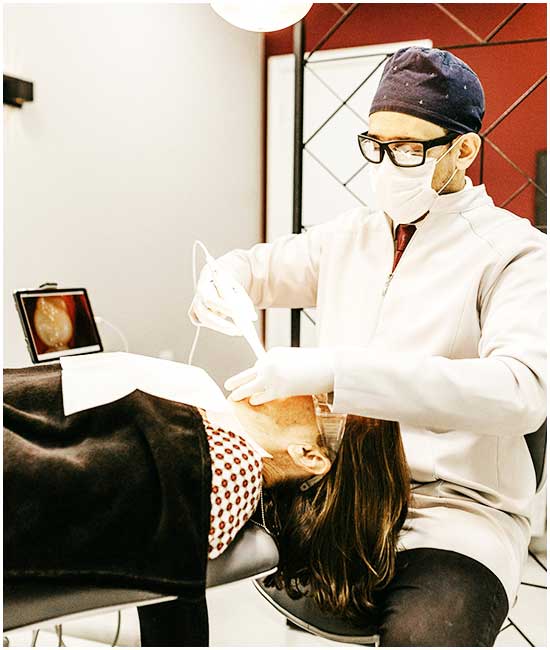
what is Root Canal Treatment?
Root canal treatment, also known as endodontic therapy, is a dental procedure performed to treat infections or damage within the pulp of a tooth. The pulp is the soft tissue located inside the tooth, containing nerves, blood vessels, and connective tissue. When the pulp becomes infected or inflamed due to factors like tooth decay, trauma, or repeated dental procedures, root canal treatment becomes necessary.
During the procedure, the dentist or endodontist removes the infected or damaged pulp from the tooth’s interior, cleans and disinfects the root canals, and then fills and seals them with a biocompatible material. This process prevents further infection and preserves the tooth’s structure, allowing it to function normally. Root canal treatment is crucial for relieving pain, saving the affected tooth, and restoring oral health.
Types of Root Canal Treatment in Turkey
In Turkey, various types of root canal treatments are offered to address different dental conditions effectively. These include:
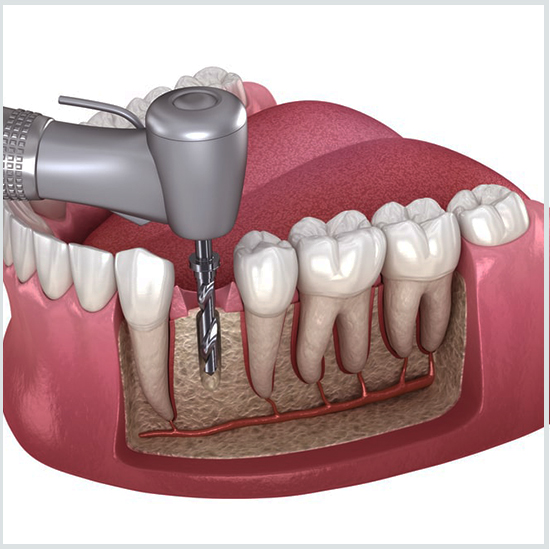
Conventional Root Canal Treatment
This is the standard method of root canal therapy, involving the removal of infected or damaged pulp from the tooth’s interior, cleaning and shaping of the root canals, and sealing them with a filling material.
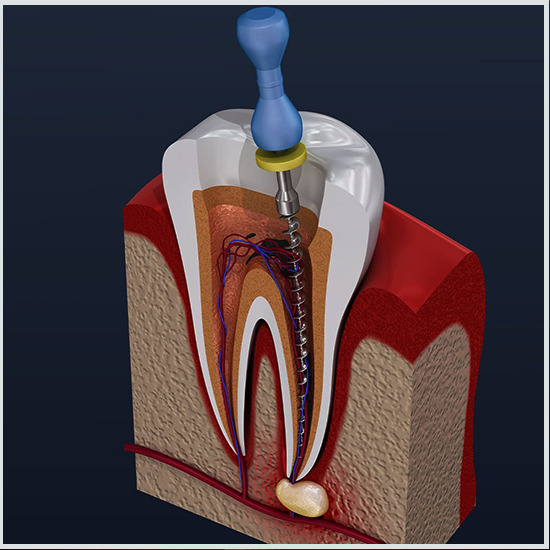
Single Visit Root Canal Treatment
Some dental clinics in Turkey offer single visit root canal treatment, where the entire procedure is completed in a single appointment. This option is convenient for patients with busy schedules or those traveling from abroad.
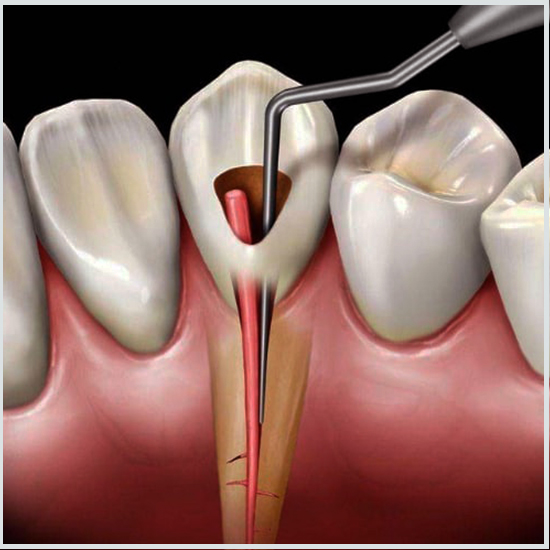
Microscopic Root Canal Treatment
Microscopic root canal treatment utilizes advanced dental technology, such as dental microscopes and precision instruments, to perform root canal therapy with enhanced accuracy and efficiency. This approach ensures thorough cleaning and disinfection of the root canals, reducing the risk of complications.
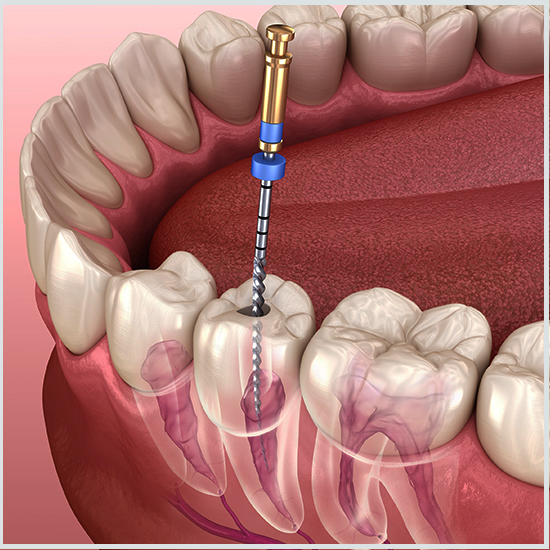
Endodontic Retreatment
In cases where a previous root canal treatment has failed or complications arise, endodontic retreatment may be necessary. This involves reopening the tooth, removing the existing filling material, and re-treating the root canals to address any remaining infection or inflammation.
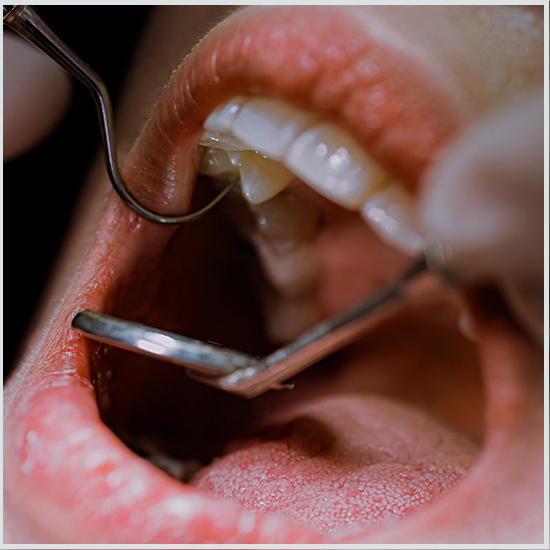
Apicoectomy
Apicoectomy, also known as root-end surgery, is a surgical procedure performed when conventional root canal treatment is not sufficient to resolve the infection. During an apicoectomy, the tip of the tooth’s root is removed, along with any surrounding infected tissue, to eliminate the source of infection and promote healing.
root canal treatment cost in istanbul
| Procedure | Price (£) | Price (€) | Price ($) |
|---|---|---|---|
| tooth extraction cost | £41 | €47 | $53 |
| surgical tooth extraction cost | £144 | €164 | $183 |
| prices of dentures (Per Jaw) | £514 | €588 | $655 |
| white filling cost | £78 | €89 | $99 |
| tooth replacement cost | £78 | €89 | $99 |
| root canal price Treatment (Per Root) | £144 | €164 | $183 |
| gum contouring cost | £336 | €384 | $427 |
| dentist charge for teeth cleaning | £39 | €45 | $50 |
| cost of deep cleaning teeth | £153 | €175 | $195 |
| gum graft cost (Mouth Guard) | £514 | €588 | $655 |
Why Choose Turkey for Root Canal Treatment?
Turkey has emerged as a popular destination for dental tourism, offering world-class healthcare services at a fraction of the cost compared to Western countries. There are several reasons why patients opt for root canal treatment in Turkey:
Affordable Costs
One of the primary reasons patients choose Turkey for root canal treatment is the significantly lower costs compared to other countries. The affordable prices make it accessible to individuals seeking quality dental care without breaking the bank.
Quality Healthcare Infrastructure
Turkey boasts modern dental clinics equipped with state-of-the-art technology and facilities. Patients can expect high standards of care and professionalism from experienced dental professionals who adhere to international quality standards.
Experienced Dental Professionals
Turkish dentists are highly skilled and experienced in performing root canal procedures. They undergo rigorous training and stay updated with the latest advancements in dental technology to ensure optimal treatment outcomes for their patients.
Attractive Tourist Destinations
In addition to receiving top-notch dental care, patients can explore Turkey’s rich cultural heritage and breathtaking landscapes. From historic landmarks to pristine beaches, Turkey offers a diverse range of attractions that make the dental tourism experience memorable and enjoyable.
Understanding the Root Canal Procedure
Diagnosis
Before performing a root canal, the dentist will conduct a thorough examination of the tooth and take X-rays to assess the extent of damage or infection. This helps determine whether root canal treatment is necessary and the appropriate course of action.
Cleaning and Shaping
Once the diagnosis is confirmed, the dentist will numb the area with local anesthesia to ensure a pain-free experience for the patient. They will then access the pulp chamber and carefully remove the infected or damaged pulp using specialized instruments.
Filling the Root Canal
After cleaning and shaping the root canals, the dentist will fill them with a biocompatible material called gutta-percha to prevent bacteria from re-entering the tooth. The canals are sealed to create a barrier and prevent further infection.
Restoration
Once the root canal is filled, the tooth is restored to its original shape and function using a dental crown or filling. This restores the tooth’s strength and functionality while protecting it from future damage.
Benefits of Root Canal Treatment
Root canal treatment offers several benefits for patients:
Pain Relief
Root canal treatment effectively eliminates tooth pain caused by infection or inflammation of the pulp. Patients experience immediate relief and can resume normal activities without discomfort.
Preservation of Natural Teeth
Unlike tooth extraction, root canal treatment allows patients to preserve their natural teeth, avoiding the need for costly dental implants or bridges. This helps maintain proper oral function and aesthetics.
Improved Oral Health
By removing infected tissue and sealing the root canals, root canal treatment helps prevent the spread of infection to surrounding teeth and tissues. This contributes to improved overall oral health and reduces the risk of complications.
Long-Term Solution
Root canal treatment provides a long-term solution for treating infected or damaged teeth. With proper care and maintenance, a tooth that has undergone root canal treatment can last a lifetime, saving patients from the hassle of frequent dental procedures.
Risks and Side Effects
While root canal treatment is generally safe and effective, there are some risks and side effects to be aware of:
Temporary Discomfort
Some patients may experience mild discomfort or sensitivity following root canal treatment. This is usually temporary and can be managed with over-the-counter pain relievers.
Infection Recurrence
In rare cases, infection may recur if the root canal is not properly sealed or if bacteria re-enter the tooth. Patients should follow post-treatment instructions carefully to minimize the risk of complications.
Fracture Risk
Root canal-treated teeth may become more brittle over time, increasing the risk of fracture or damage. Patients should avoid biting or chewing on hard objects to prevent tooth fracture.
Preparing for Root Canal Treatment
Before undergoing root canal treatment, patients should:
- Schedule a consultation with a dentist to discuss treatment options and expectations.
- Follow any pre-treatment instructions provided by the dentist, such as avoiding food and drink before the procedure.
- Mentally prepare for the treatment by understanding the process and asking any questions or concerns.
What to Expect During the Procedure
Anesthesia Administration
The dentist will administer local anesthesia to numb the affected tooth and surrounding tissues, ensuring a pain-free experience for the patient.
Root Canal Access
Once the area is numb, the dentist will create an opening in the tooth to access the pulp chamber and root canals using specialized instruments.
Cleaning and Shaping Process
The dentist will carefully remove the infected or damaged pulp from the root canals and shape them to prepare for filling.
Filling the Canal
After cleaning and shaping, the dentist will fill the root canals with gutta-percha and seal them to prevent bacteria from re-entering the tooth.
Recovery and Aftercare
After root canal treatment, patients should:
- Follow post-treatment instructions provided by the dentist, such as taking prescribed medications and avoiding strenuous activities.
- Manage any discomfort or pain with over-the-counter pain relievers as directed by the dentist.
- Attend follow-up appointments to monitor healing and ensure optimal treatment outcomes.
look at our services
Conclusion Root Canal Treatment in Turkey
Root canal treatment in Turkey offers a cost-effective solution for patients seeking quality dental care. With experienced dental professionals, modern facilities, and attractive tourist destinations, Turkey has become a preferred destination for dental tourism. By understanding the root canal procedure, its benefits, and risks, patients can make informed decisions about their oral health.
Frequently Asked Questions (Root Canal Treatment in Turkey)
- What is the success rate of root canal treatment?
- The success rate of root canal treatment is high, with studies suggesting success rates ranging from 85% to 97%.
- How long does a root canal procedure take?
- The duration of a root canal procedure depends on various factors such as the complexity of the case and the number of root canals involved. On average, it can take one to two hours to complete.
- Is root canal treatment painful?
- With the use of local anesthesia, root canal treatment is virtually painless. Patients may experience mild discomfort during the procedure, but this can be managed with pain relievers.
- Can I eat normally after a root canal?
- It is advisable to avoid chewing on the treated tooth until the restoration is complete. Once the tooth is restored with a crown or filling, patients can resume normal eating habits.
- How long does the recovery process take?
- The recovery process varies from patient to patient but typically takes a few days to a week. Patients may experience some mild discomfort or sensitivity during this time, which can be managed with pain relievers.

We are dedicated to delivering the same level of exceptional service that we would personally expect to receive.
